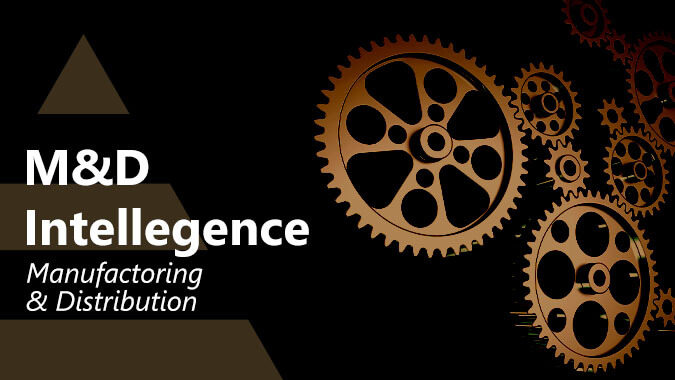
Tax Reform Revenue Raising Provisions Will Affect Some Companies More Than Others
- Published
- Nov 13, 2017
- Topics
- Share
Although there will surely be many changes made before a law is enacted, both the Senate and the House’s current versions of “The Tax Cut and Jobs Act” would have some very unfavorable impacts to certain corporations. There are always winners and losers with any new tax changes, and some companies could find themselves paying more taxes from a bill that includes the words “tax cut.” Two potentially troubling provisions for some companies will be the interest limitation rules and new limits on the amount of net operating losses (“NOLs”) that can be used to offset future taxable income.
The profile of the company that may feel these impacts the most are highly-leveraged companies that have large NOLs and who currently pay no federal taxes.
One of the reasons for the interest limitation proposal is that the writers believe some companies are getting too much tax benefit between their interest deductions and the depreciation or other expensing of capital investments bought with the borrowed dollars. Granted the proposals would allow 100% immediate expensing of capital investments, but this is a temporary benefit (lasting only through 2023) while the interest limitation is permanent. There are two separate interest limitations. The first is a “30% limitation” limiting interest deductions to 30% of taxable income calculated, under the House proposal, without regard to net interest expense, NOLs, depreciation, and amortization. The Senate version is even harsher, limiting interest deductions to 30% of taxable income calculated without regard to net interest expense or NOLs but leaving depreciation and amortization in the calculation to create an even larger limitation. The second is an interest expense limitation for companies that are members of an “international financial reporting group.” Companies would need to calculate both limitations and be subject to the lesser of the two. Under the House proposal, any disallowed interest can be carried forward for five years but would then be lost if not used. The Senate proposal would allow for an indefinite carry forward of disallowed interest.
Then there are the proposed changes to NOLs. Corporations would only be able to offset 90% of taxable income with their NOL carryforwards. Currently, NOLs can be used to offset 100% of regular taxable income. So companies with NOLs would pay a 20% tax (the proposed new corporate flat tax rate) on 10% of their future taxable income. The current corporate alternative minimum tax regime, which would be repealed under the proposed law, has the same 90% NOL limitation. One big difference, however, is that currently-paid AMT can be carried forward indefinitely as a credit to offset future regular tax liabilities while the proposed law would include no such mechanism to reclaim taxes paid as a result of this limitation on NOLs. Companies that have paid AMT in the past, however, would still be able to use AMT credits from the past to offset future regular tax under both proposals.
The double-whammy of significant limitations on interest deductions taken together with the limitation on the use of NOLs could leave some companies with a current tax liability that they have not previously experienced. This would have a negative impact on both cash flow and financial statements.
Another negative impact to financial statements for these companies could result as their NOL deferred tax assets are devalued by the 15% decrease in corporate tax rates.
Other business revenue raisers in the proposals include:
- The $1 million officer’s compensation limitation would be expanded to limit performance-based compensation (stock options) and commissions and would now also apply to CFOs.
- No deduction would be allowed for entertainment expenses.
- Research and experimental costs would be amortized over five years (no option to deduct immediately).
What's on Your Mind?
Start a conversation with Murray
Receive the latest business insights, analysis, and perspectives from EisnerAmper professionals.












